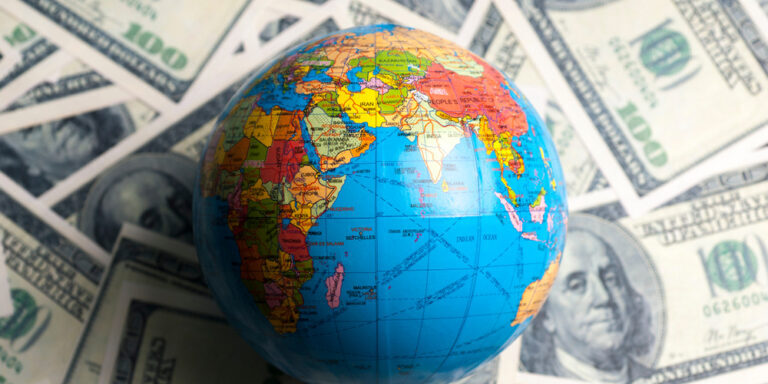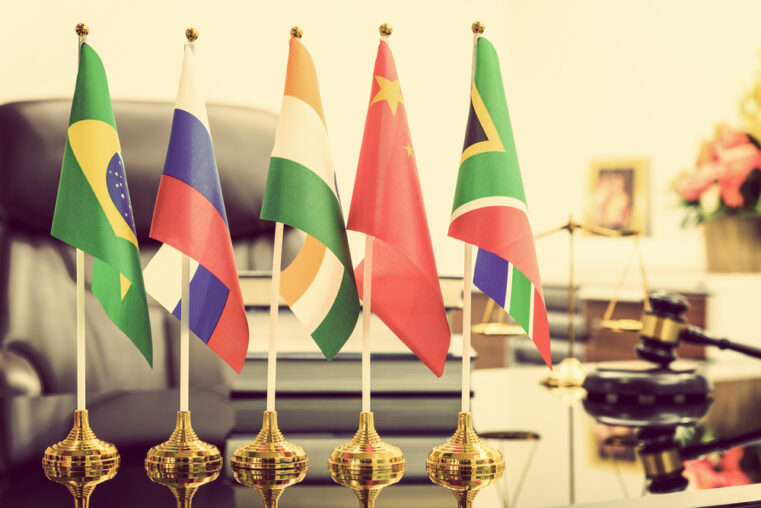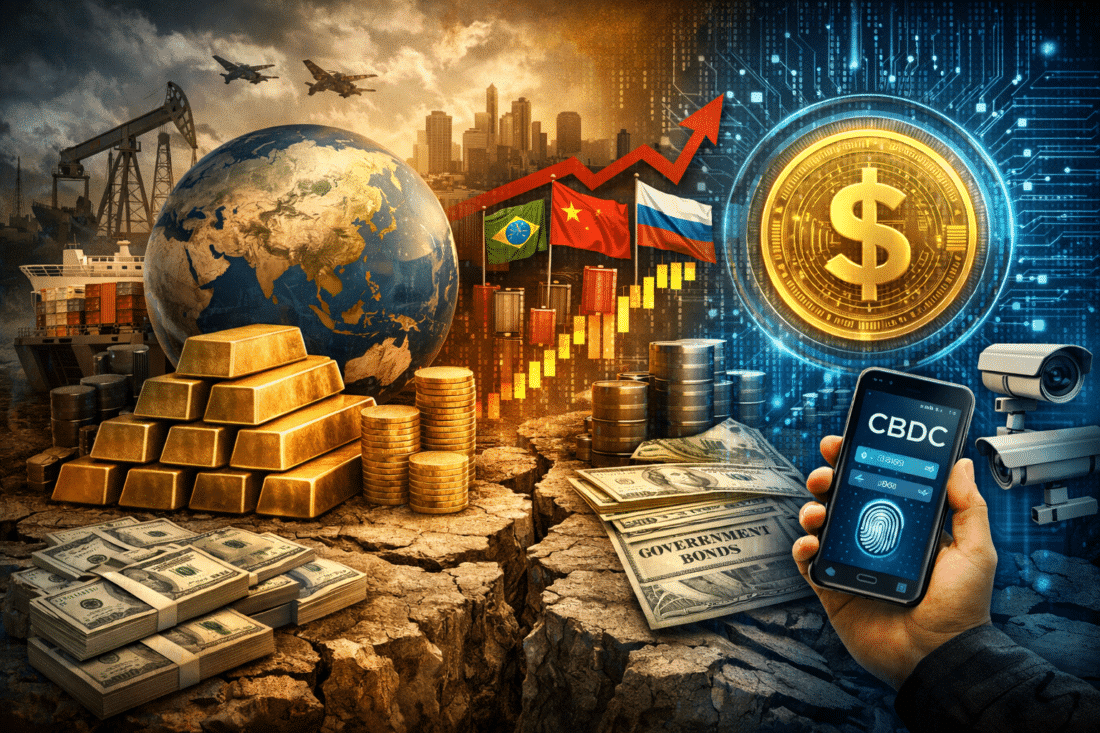
While the Dollar May Still Be Strong, the Global De-Dollarization Trend is Inevitable
Rising Dissent Among Nations
But there's a growing wave of dissatisfaction, and it's only been growing stronger. More countries, especially in Southeast Asia, the Middle East, and Latin America, are pushing harder to use other currencies. This process, known as de-dollarization, is becoming a key policy for many nations.
The Dollar’s Dilemma
Even though many countries want to ditch the dollar, it's an extremely difficult process. The de-dollarization effort is steady yet slow. So far, no other currency is ready to take its place. Still, the reliance on the dollar causes big problems, especially for developing nations. They're desperately seeking alternatives.
Why De-Dollarization?
While reasons to ditch the dollar may vary, here are three main reasons that are prompting nations to join the de-dollarization train.
- Economic Imbalance: The US economy is getting smaller compared to the rest of the world, but the dollar’s influence is still growing. This mismatch could shake up global financial stability.
- Resource Transfer: The US benefits big time from the dollar's dominance, scoring cheap goods and high investment returns. Meanwhile, developing countries often pay the price.
- Sanctions and Power: The US uses the dollar to push its foreign policy through sanctions, often hurting other nations. This makes other countries nervous they could be next on the hit list.
How Countries Are Moving Away From the Dollar
Here’s what several nations (BRICS or not) are doing to slowly rid themselves of the US dollar:
- Trading in Other Currencies: Countries are increasingly using their own or other currencies for trade, trying to move away from the dollar. This shift is aimed at reducing dependency on the dollar and mitigating the risks associated with its volatility.
- Diversifying Reserves: Central banks are stocking up on gold and other currencies, reducing their reliance on the dollar. By diversifying their reserves, these countries aim to protect their economies from potential dollar fluctuations and geopolitical tensions.
- New Payment Systems: Some countries are developing their own international money transfer systems, avoiding the US-controlled ones. These systems offer greater autonomy and reduce the risk of being affected by US sanctions or policy changes.
- Digital Currencies: Nations are creating digital versions of their currencies to facilitate international transactions, aiming to break free from the dollar's grip. Digital currencies can streamline cross-border payments and offer an alternative to the dollar-dominated financial system.

BRICS: The New Power Bloc
The BRICS nations (Brazil, Russia, India, China, and South Africa) are leading the charge in de-dollarization. This group, now expanded to include countries like Iran, Saudi Arabia, Egypt, and the UAE, is working together to reduce dependence on the US dollar. They represent about 40% of the global population and a quarter of the world's GDP.
What Actions Have They Taken?
- Local Currency Trade: BRICS countries are increasingly using their own currencies for trade. For instance, Russia and China have agreed on multiple deals using local currencies, significantly boosting their bilateral trade.
- Massive Gold Accumulation: Central banks within BRICS are stockpiling gold, preparing for the possibility of a new BRICS currency backed by gold.
- Financial Infrastructure: The group is developing new payment systems to bypass US-dominated systems like SWIFT. This includes the potential creation of a BRICS digital currency.
The impact? These moves aim to reduce US influence and build a more multipolar global financial system. The BRICS bloc's efforts could drastically shift the economic landscape, challenging the dollar's dominance.
The Takeaway
While the US dollar continues to hold immense power in the global economy, the tide of de-dollarization is gaining momentum. Countries worldwide are increasingly seeking alternatives to reduce their dependence on the dollar, driven by economic imbalances, unfair resource transfers, and the heavy-handed use of sanctions. The efforts of nations, particularly those in the BRICS bloc, to trade in other currencies, diversify reserves, develop independent payment systems, and create digital currencies signal a shift towards a more multipolar financial system.
Though the process is slow and complex, the inevitability of de-dollarization reflects a growing desire for economic sovereignty and stability. The dollar may still be strong, but its unchallenged dominance is being steadily eroded by these global efforts. For Americans looking to mitigate the potential negative impact on the US dollar, holding gold is probably the most prudent way to preserve wealth and safeguard against the shifting tides of the global economy.












